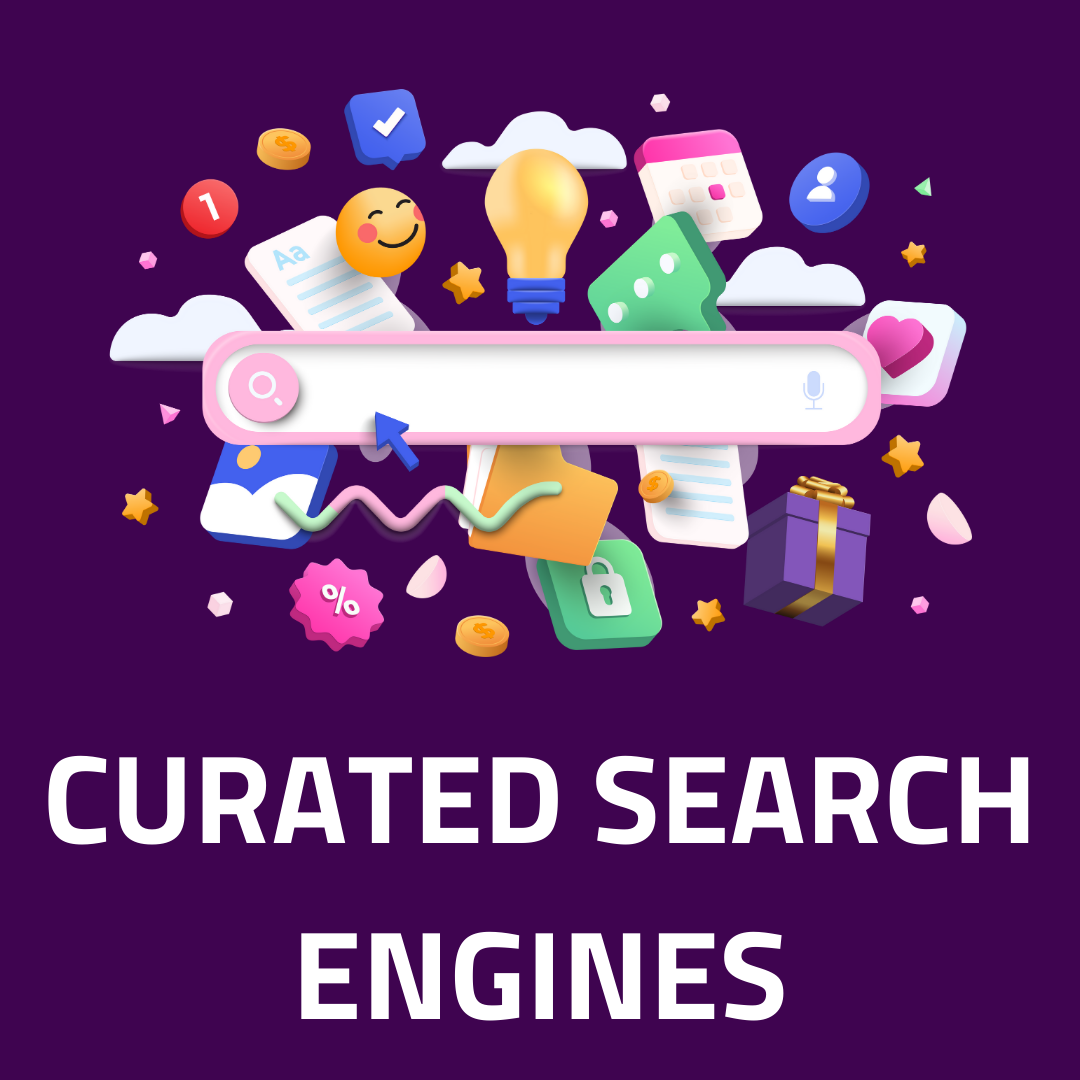Curated search engines are getting more important day by day because the information we seek online is infinite and poorly managed. With the rise of Google Adwords, results are shown as the “Best SEO effort” rather than relevant ones. People started to create articles just to have that website traffic everybody is trying to get. And we are almost never sure that the information we find is the right one. Thus, it became really important to organize the world’s trustworthy information. Thats how curated search engines started to rise up.
Horizontal search engines like DuckDuckGo and Neeva are trying to compete with Google. But rather than crawling and indexing their own data, they sit on top of existing data. What they offer is privacy but controlling our own data is not a specific selling point. Since this is something we are used to getting for free.
Vertical Search engines like Yelp, LinkedIn, Zillow, or Behance have more advantages that horizontal software can never achieve. But their relevance is highly dependent on the sociology of the current moment and their filtering structure becoming outdated over time. They may work well when you precisely know what you want, yet their curation backs up with ad-based recommendations and builds ethical trust gaps for the customers.
Related Article: What is Tezos?
Curated search engines works different from the traditional ones. When it comes to “curation” the attention is mainly focused on the content, not on the structure. Curators design ideas with linear structures and chronological feeds that are momentary such as; reviewing products, making a list of links, recommending artists, etc. Content here is mainly about entertainment and this market is already captured by TikTok, Facebook, Twitter, and Instagram. What they offer is curated content that has our attention with a never-ending orientation. But what they don’t offer to a customer is goal-oriented curation that is on-demand.

Boutique search engines as a better business model combine better search and better curation. They can be considered as curated search engines. These engines index, curate, and organize things in new ways. These curated spaces can help us reach the information that is highly valued and worthy of trust. We can discover linked information following multiple streams, rather than exposing information that is shown in the most recent feed. They provide limited content that is based on trust and they initiate new business models leaving the advertising behind.
Gathering the right curation mix, search, algorithms, and work model is massively hard and valuable. There are still a few obstacles remaining while building a qualified boutique search engine.
- Curation sites usually start with high-quality curations. Along the way, they use crowdsourcing to grow and scraping to fill in the gaps. But with time it decreases the quality of the content with diminishing return on data.
- Subscriptions are a chance for boutique search engines if you consider the content as a supply and paying customers as demand. Yet it has to be converted into practical service for sustainability. When someone comes for the search, there is gotta be something charming for spending more time inside.
Token-based business models are promising and can be considered as curated search engines. They can help startups to overcome the cold start problem by giving ownership to stakeholders and allowing subscribers to profit from future growth.
Even so, Google will be an important part of the discovery of these products until they can create habitual recall. We need more platforms with a perspective on what is missing, how the information should be organized, and where the curation should take place.
source: https://future.com/the-future-of-search-is-boutique/

Leave a Reply